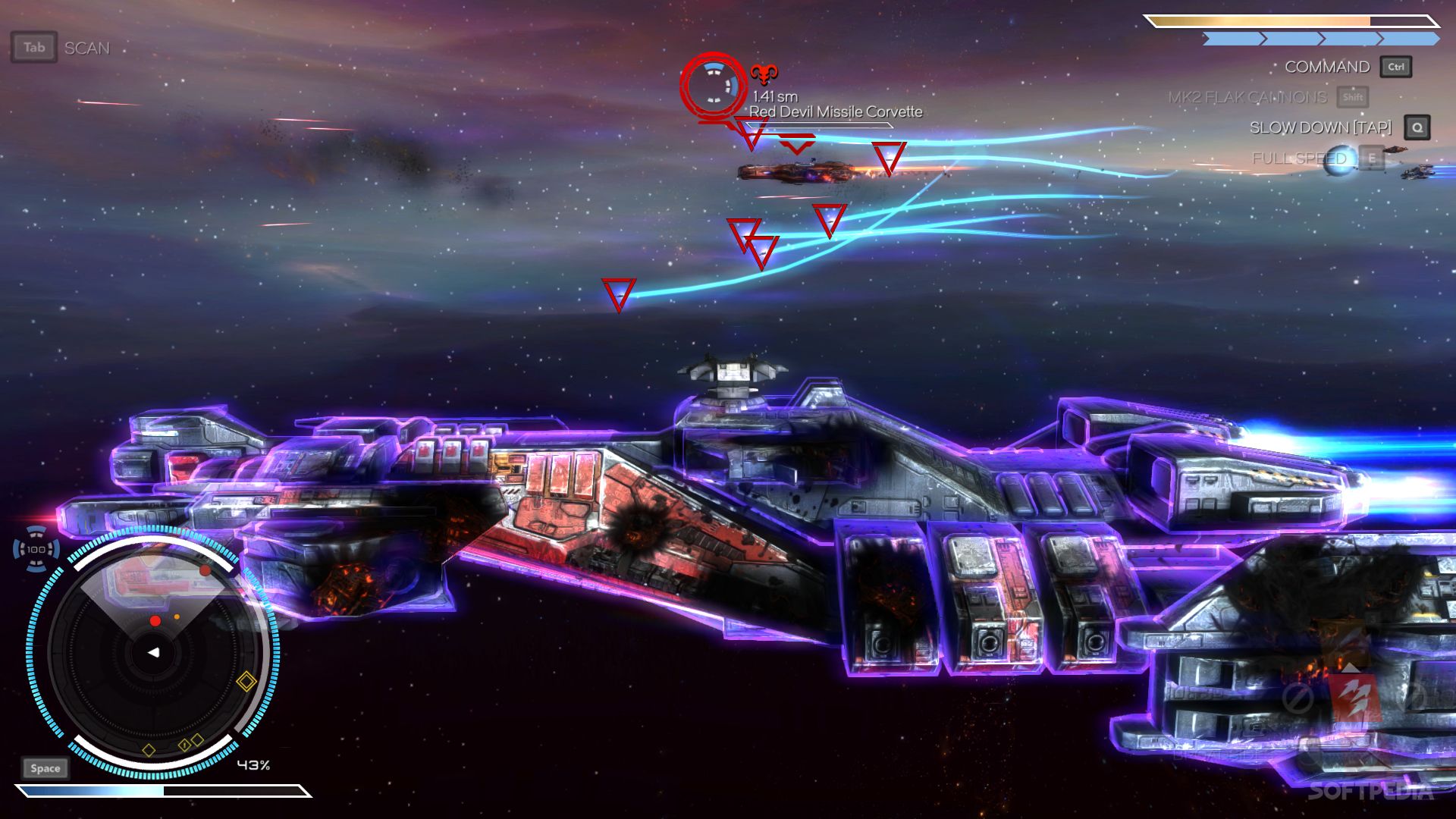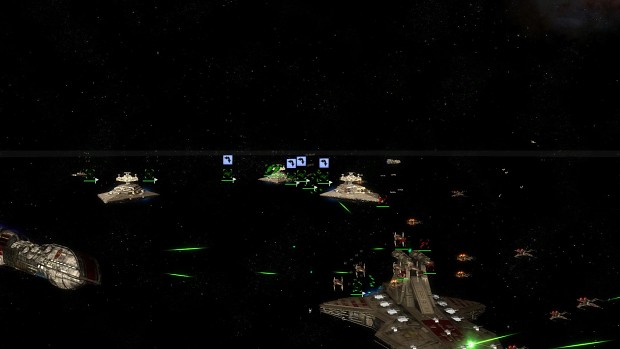
But in any case, I am inclined to think it is meaningful and that we have to take this coming technology all the more seriously because it is going to be in a certain sense creating a reality in which we can live meaningful lives.

I am inclined to go for a middle ground here myself and look at the ways in which virtual reality might be good and the ways in which it might be problematic.

I just said "meaningful." It is quite consistent with this, but it could turn out that life in virtual reality will be awful or dystopian. This doesn't mean that life in VR is automatically going to be wonderful or utopian. I want to argue that what happens in virtual reality is a genuine reality and that one can live in principle a meaningful life in a virtual world. Virtual worlds have already been around for a long time, especially in the video game world, but they are increasingly going to be worlds that we actually interact with and spend serious parts of our lives in, perhaps for work, perhaps for socializing, perhaps for entertainment, and perhaps for building communities. The simulation idea is an extreme case used to get at this idea of virtual reality as genuine reality, but I also want to argue that the same applies for the virtual world that we are in the process of creating. It merely means that we are living in a digital reality and that a world where the objects around us-the tables, the chairs, the organisms, the planets-are ultimately digital entities grounded in some kind of computational processes perhaps in another universe up does not mean they are not real." In that case I want to argue: "Well, okay, it could be that we are in a simulation, but if we are that doesn't mean that all this is an illusion and that nothing is real. The extreme case is the case where we consider the hypothesis that we are ourselves in a virtual reality, that we are ourselves living in a simulation. What happens in virtual reality really happens.

I want to say that in many core senses virtual reality is fully real. Even people like the great science fiction authors who have written about virtual reality- Neal Stephenson and William Gibson-talk about virtual reality as an illusion or a hallucination that is not fully real. It is very, very common to hear that virtual reality is a fake or fictional reality and that it essentially involves illusions or hallucinations. The central slogan of this book is "Virtual reality is genuine reality." I take myself to be contesting what many people take to be common sense about virtual reality. It is a pleasure to have this chance to talk in depth with you about these issues. First, let me say thanks, Wendell, for having me on your podcast. Can you please elucidate for our listeners what you mean by this?ĭAVID CHALMERS: Sure. Reality+ is both a textbook and an introduction to philosophy and therefore accessible to educated readers, but it is also an original work of philosophy.ĭave, throughou t Reality+ you make the case for virtual realism or simulated realism, that virtual reality is genuine reality. These range from the simulation hypothesis, a theory that our universe, the world we live in, might actually be a simulation, and it goes on to much more specific questions that may seem more real for many of us about the nature of the virtual worlds we are creating and whether experiences in them are illusions or must be understood in other ways. His recent book, published in January, Reality+ explores a vast array of philosophical questions posed by virtual reality (VR), augmented reality, and the metaverse. David Chalmers is presently university professor of philosophy and natural science at New York University as well as co-director of NYU's Center for Mind, Brain, and Consciousness.

While Dave continues to be best known for the hard problem in all modesty he says the difficulty in explaining consciousness was already well understood he just a provided a term, a label, a useful distinction, or a meme for discussing it. He instantaneously became the rock star of consciousness studies, a role he has upheld with intellectual rigor for almost three decades. In 1994, while he was still a graduate student at Indiana University, Dave Chalmers attended the very first Tucson Conference, focused on developing a science of consciousness, and at that conference he offered a fundamental distinction between the "hard" problem of explaining consciousness and the "easier" problems that are more likely to yield to scientific investigations. We will be talking with Dave about his latest book Reality+: Virtual Worlds and the Problems of Philosophy. With Dave Chalmers, a leading figure in the philosophy of mind and of technology, as our guest this promises to be a fascinating workshop.


 0 kommentar(er)
0 kommentar(er)
